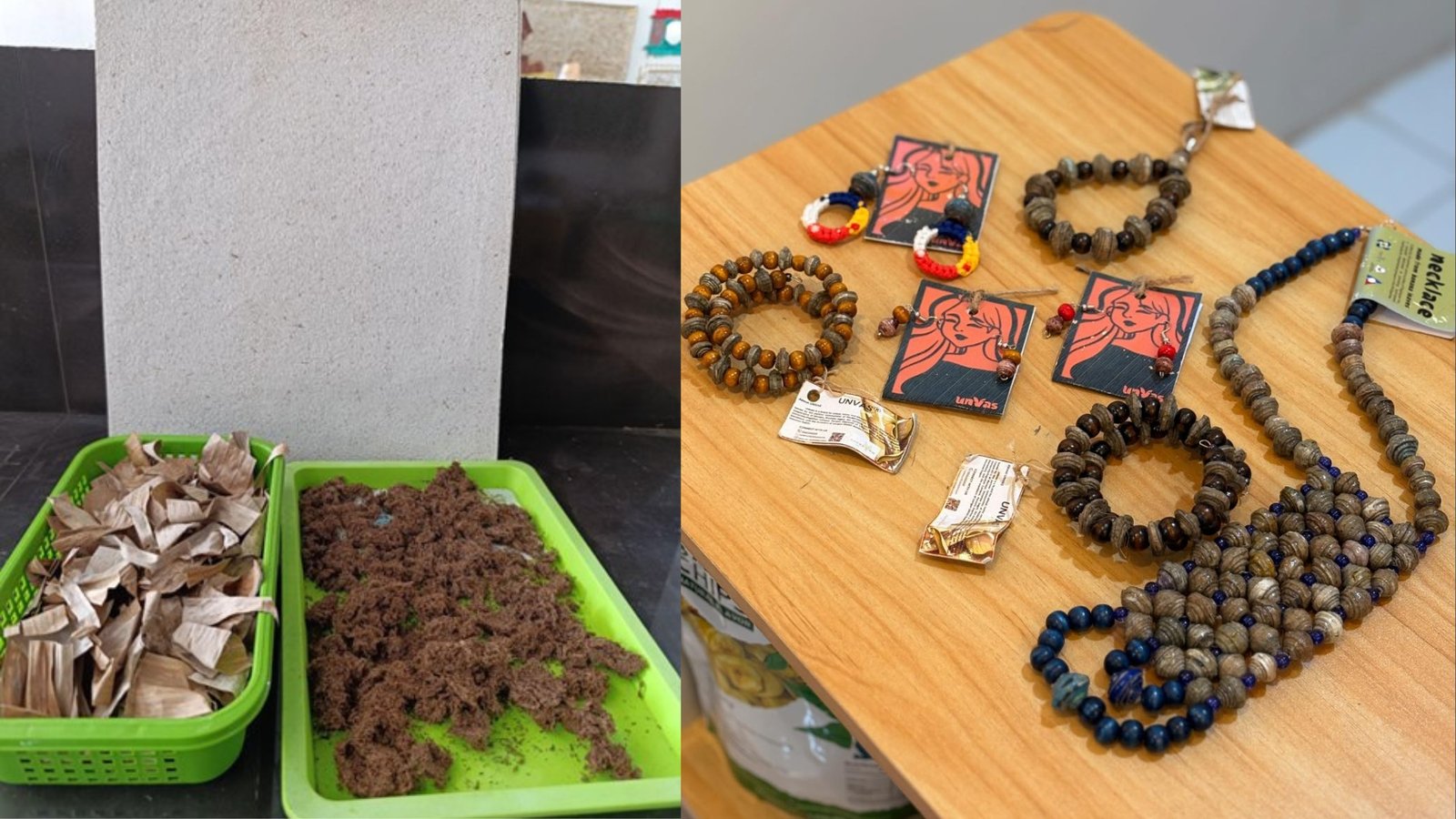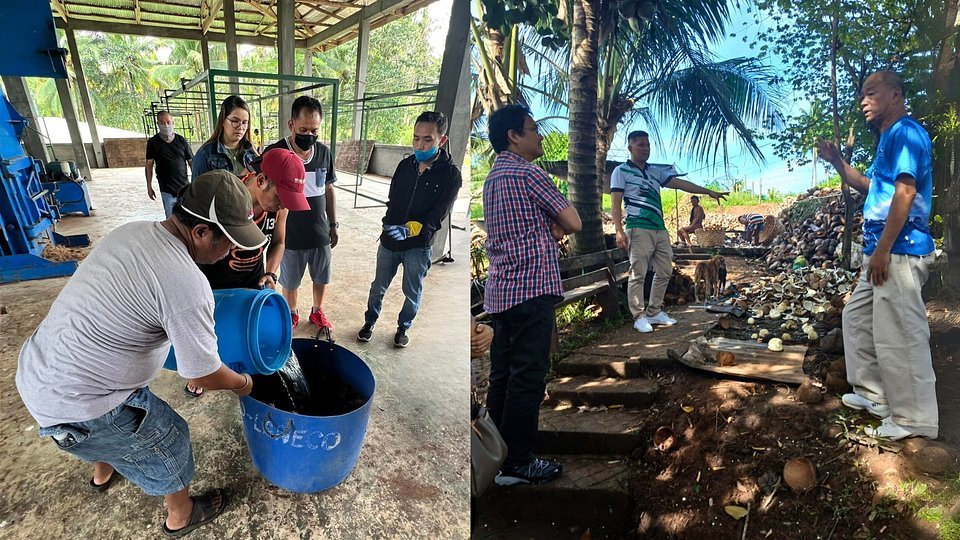Greenpeace Philippines has raised serious concerns following the Department of Public Works and Highways’ recent approval to use polyethylene terephthalate (PET) plastic bottle waste as an additive in asphalt for national roads. The environmental group called the decision a “false solution,” warning it poses significant risks to both human health and the environment.
Marian Ledesma, Zero Waste Campaigner at Greenpeace Philippines, emphasized that embedding plastic waste into road infrastructure only creates more long-term problems. As roads break down due to natural wear and exposure to heat and the elements, she noted that the plastics—laden with toxic and forever chemicals—could release microplastics and pollutants into the environment.
Health Hazards and Structural Concerns
Ledesma further warned that these chemicals have been linked to cancer, heart disease, and other fatal conditions, and could bioaccumulate in soil, plants, and animals. Once absorbed into ecosystems, they may contaminate food chains and pose direct threats to public health.
She also criticized the claim that plastics are a valuable building resource, citing structural issues and toxic emissions during production. Instead of adopting unsound technological fixes, Greenpeace urges the government to focus on reducing plastic production, banning single-use plastics, and promoting genuine reuse systems.
![PET bottle waste used in road building draws criticism from environmental watchdogs in the Philippines. [Photo by Magda Ehlers from Pexels: https://www.pexels.com/photo/photo-of-plastic-bottles-2602537/]](https://ecofriendlytip.com/wp-content/uploads/2025/05/pexels-magda-ehlers-pexels-2602537-scaled.jpg)
![Environmental groups warn that delays worsen the impacts of plastic pollution worldwide. [photo credit: Trixie Guerrero | Break Free From Plastics]](https://ecofriendlytip.com/wp-content/uploads/2025/08/GP0SU6DVW_PressMedia-2500px.jpg)
![Plastic waste remains a global issue despite years of recycling efforts [photo credit: Noel Celis | Greenpeace ]](https://ecofriendlytip.com/wp-content/uploads/2025/08/GP0SU6A0W.jpg)
![plastic waste representation image [Photo by Antoine GIRET on Unsplash ]](https://ecofriendlytip.com/wp-content/uploads/2025/06/antoine-giret-7_TSzqJms4w-unsplash-scaled.jpg)
![Greenpeace Philippines urges plastic reduction on World Environment Day 2025. [photo credit: Greenpeace Philippines website]](https://ecofriendlytip.com/wp-content/uploads/2025/06/29a8cc2e-gp0stvtcm-768x511-1.jpg)
![Plastic waste representation image [Photo by MART PRODUCTION: https://www.pexels.com/photo/clear-plastic-bottle-with-blue-lid-7767813/]](https://ecofriendlytip.com/wp-content/uploads/2024/12/pexels-mart-production-7767813-scaled.jpg)
![The Philippine Reuse Consortium 2 [Photo credit: Albert Lozada (Greenpeace PH)]](https://ecofriendlytip.com/wp-content/uploads/2025/01/The-Philippine-Reuse-Consortium-2-_-Photo-by-Albert-Lozada-Greenpeace-PH.jpg)




Leave a Reply